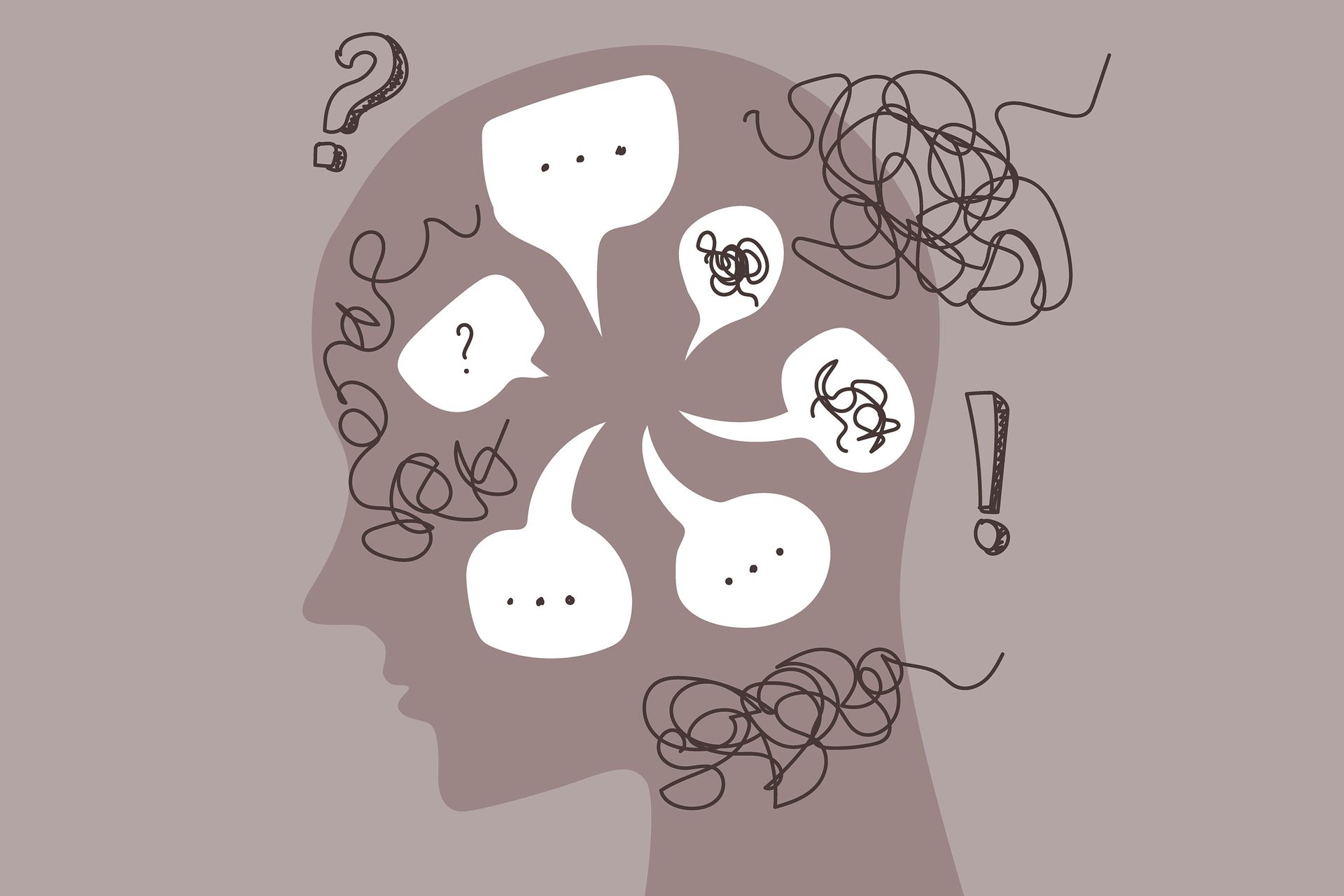Coping with Loneliness After Divorce:

Navigating the Terrain:
Divorce can be one of the most emotionally turbulent experiences in life, leaving behind a wake of profound loneliness and mental health challenges. It's a journey through uncharted territory, where the familiar landscape of companionship and shared life suddenly transforms into a solitary path. The aftermath of divorce often ushers in a range of emotions, from grief and rejection to anxiety and uncertainty about the future. Amidst this emotional upheaval, taking care of mental health becomes paramount.
The end of a marriage can trigger profound feelings of isolation. Whether the divorce was a mutual decision or not, adjusting to life without a partner can be disorienting. Suddenly, the companionship and emotional support that were once constants disappear, leaving a void that seems impossible to fill. This sense of loneliness can be exacerbated by external factors such as changes in living arrangements, social circles, and even familial dynamics.
Understanding Mental Health Challenges
Loneliness is more than just an emotional state; it can have a profound impact on mental health. When coupled with the stress of divorce, individuals may find themselves grappling with depression, anxiety, or a loss of self-esteem. Feelings of failure or inadequacy can also permeate one's sense of self-worth, further complicating the journey towards healing.
Coping Strategies for Recovery
Navigating loneliness after divorce requires patience, self-compassion, and proactive coping strategies. Here are some approaches to consider:
1. Seek Professional Support: Engaging with a therapist or counselor can provide a safe space to process complex emotions and develop effective coping mechanisms. Therapy can help individuals reframe their perspectives and build resilience.
2. Build a Support Network: Lean on friends and family for emotional support. Joining support groups or community organizations for divorced individuals can also provide a sense of camaraderie and shared experiences.
3. Focus on Self-Care: Prioritize activities that promote physical, emotional, and spiritual well-being. This could include exercise, mindfulness practices, hobbies, or creative outlets.
4. Set Realistic Goals: Establish manageable goals and celebrate small victories. Whether it's learning a new skill or exploring a new interest, cultivating a sense of accomplishment can boost self-confidence.
5. Embrace Alone Time: While loneliness can be challenging, learning to enjoy one's own company is an essential part of the healing process. Use this time for self-reflection and personal growth.
6. Reframe the Narrative: Rather than viewing divorce as a personal failure, consider it as an opportunity for growth and self-discovery. Embrace the lessons learned and use them to inform future relationships.
Embracing a New Chapter
Healing from the loneliness of divorce is a journey that unfolds gradually. It's important to remember that each individual's path is unique, and recovery takes time. By prioritizing mental health and implementing healthy coping strategies, it's possible to emerge from divorce with renewed resilience and a stronger sense of self.
Ultimately, the journey through loneliness after divorce is a testament to the human capacity for adaptation and growth. While the road may be challenging, it can also lead to unexpected discoveries and newfound sources of strength. Through self-compassion, support, and a commitment to personal well-being, individuals can navigate this transformative chapter with grace and resilience.













